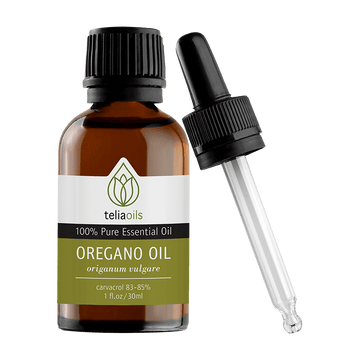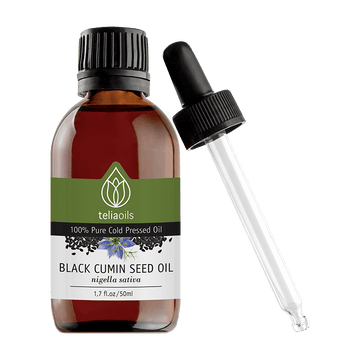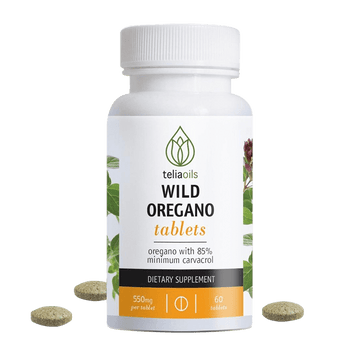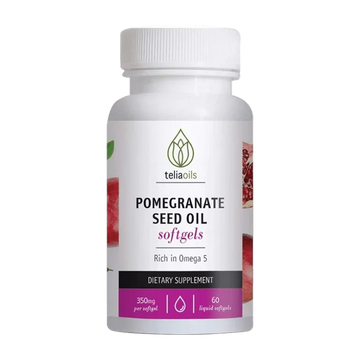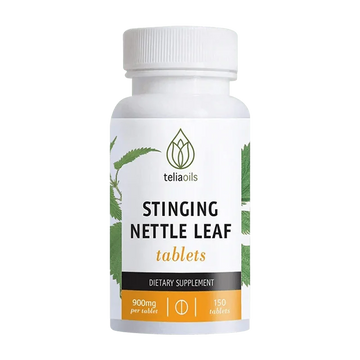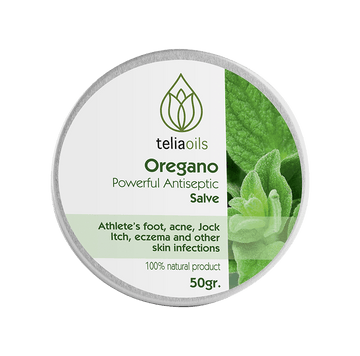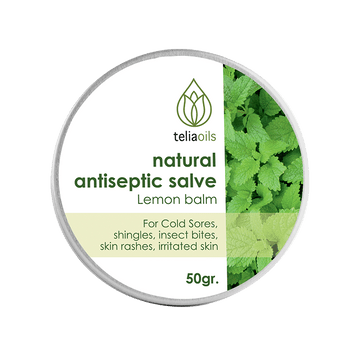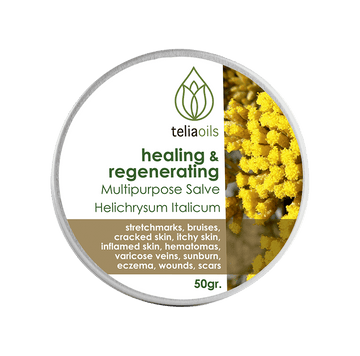
As a conscientious pet owner, you may be interested in finding natural alternatives to traditional antibiotics for your furry friend. While natural remedies can be beneficial in some cases, it is important to remember that they are not always a substitute for veterinary care or prescribed medications. In this article, we will explore some popular natural antibiotics for dogs and discuss their potential benefits and limitations.
Raw Honey
Raw honey is a well-known natural antibiotic, boasting antibacterial, antifungal, and anti-inflammatory properties. Its high sugar content, low pH, and presence of hydrogen peroxide contribute to its antimicrobial effects. Honey can be applied topically to treat minor wounds, cuts, or burns and can help soothe your dog's throat if they have a mild cough. However, always consult your veterinarian before using honey for your dog, and avoid giving it to puppies or dogs with diabetes.
Turmeric
Turmeric is a powerful spice with anti-inflammatory, antioxidant, and antibacterial properties, thanks to its active ingredient, curcumin. Turmeric can be added to your dog's food or used topically when mixed with a carrier oil like coconut oil. It may help with arthritis pain, skin issues, and gastrointestinal problems. Consult your veterinarian for the appropriate dosage and ensure you are using high-quality, organic turmeric for the best results.
Coconut Oil
Coconut oil, rich in medium-chain fatty acids like lauric acid, has antimicrobial, antifungal, and anti-inflammatory properties. It can be applied topically to help treat skin issues or given orally to support overall health. When introducing coconut oil to your dog's diet, start with a small amount (1/4 teaspoon for small dogs or 1 teaspoon for large dogs) and gradually increase the dosage. Always use high-quality, unrefined coconut oil for optimal benefits.
Apple Cider Vinegar
Apple cider vinegar has antibacterial and antifungal properties, making it a popular natural remedy for various health issues. Diluted apple cider vinegar can be used as a topical treatment for skin conditions or as a rinse for dogs with itchy skin. Never apply undiluted apple cider vinegar to your dog's skin, as it can cause irritation. It is also essential to avoid contact with your dog's eyes, nose, and mouth.
Oregano
As mentioned in previous articles, oregano has antioxidant, antimicrobial, and anti-inflammatory properties, which can be beneficial for dogs with mild respiratory issues or throat irritation. Fresh or dried oregano can be added to your dog's food in small amounts. Use oregano essential oil carefully, as it is highly concentrated and can be toxic to dogs.
Echinacea
Echinacea is a well-known immune-boosting herb that can help stimulate your dog's natural defenses against bacterial and viral infections. It is available in various forms, such as capsules, tinctures, and teas. Consult your veterinarian for the appropriate dosage and administration method for your dog.
It is important to remember that while these natural antibiotics can be helpful in some cases, they should not replace veterinary care for severe or persistent health issues. Always consult with your veterinarian before introducing any new remedies into your dog's healthcare routine and follow their guidance.

